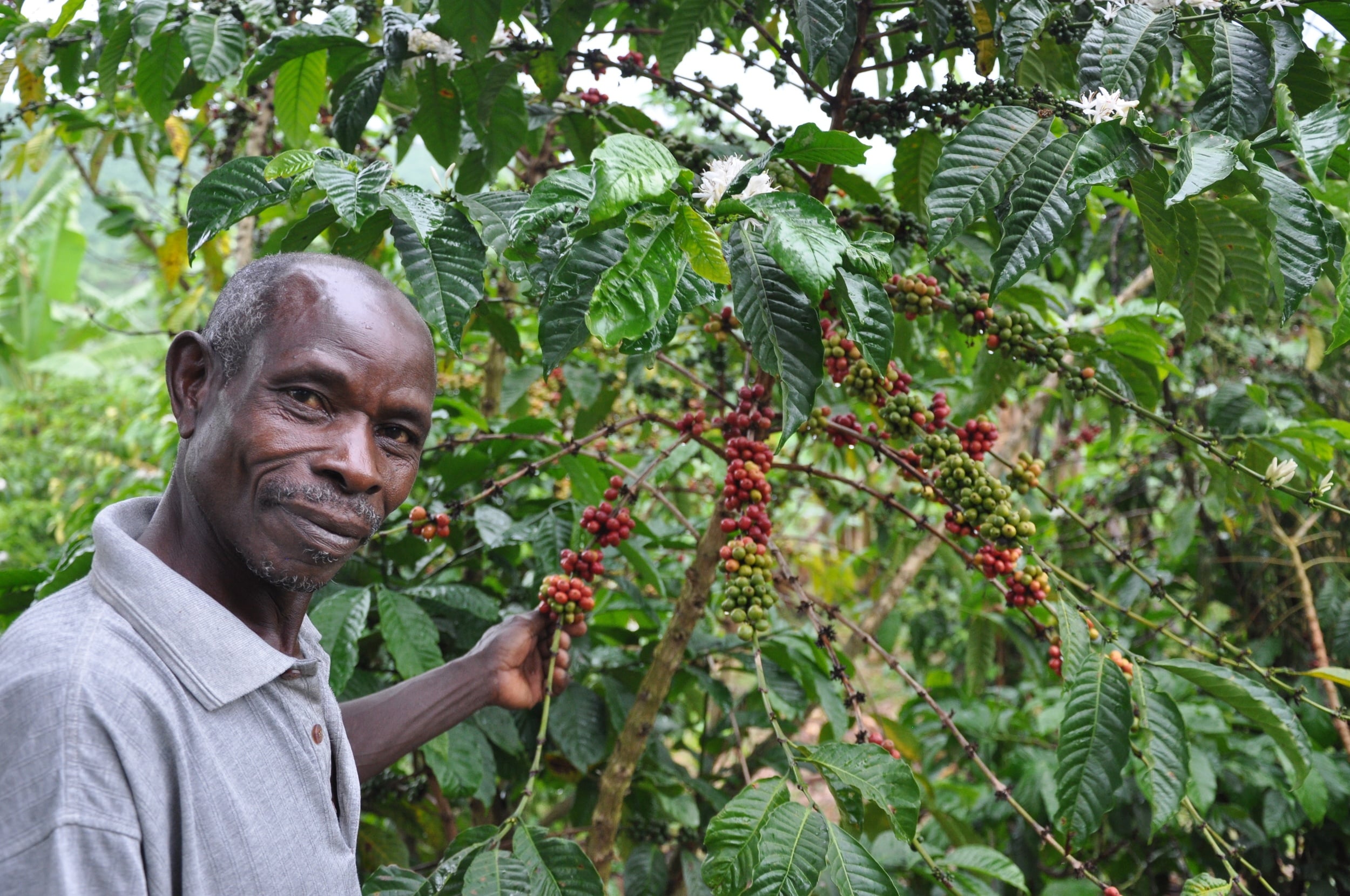
After a decade of growth, a coffee cooperative shows why reliable access to finance is critical for success.
Global coffee consumption is on the rise. According to the International Coffee Organization, demand will increase by 25 percent over the next five years. As The Wall Street Journal recently pointed out, this offers tremendous opportunities for smallholder coffee producers in Uganda, Africa’s biggest coffee exporter.
It’s here where, in my role as a portfolio manager for Root Capital, I witness how the cultivation and sale of coffee can transform rural communities. Since 2005, Root Capital has lent over $200 million to small and medium-sized enterprises throughout Africa, including more than $80 million to clients in East Africa’s coffee industry. And I have seen how access to finance is a crucial ingredient in the sector’s growth.
One of the most powerful examples of this can be found in Bushenyi District in southwestern Uganda. There, the Ankole Coffee Producers Cooperative Union (ACPCU) has gone from exporting one container of coffee in 2008 to exporting more than one hundred containers annually, just eight years later.
Based in the town of Ishaka, the Fair Trade and organic-certified cooperative union was established in 2006 with an initial membership of 3,800 farmers. Early on, the cooperative needed a competitively priced loan with flexible collateral requirements and a repayment schedule tailored to their seasonal cash flows, but no financial institutions were interested.
When ACPCU first approached Root Capital, the cooperative had a three-person staff and an entirely paper-based accounting system. Our team was concerned about the cooperative’s unpredictable cash flow and its financial systems. However, rather than walk away from the need, we spent five days on-site with the staff, training them on how to reconcile accounts, how to value and manage inventory, and how to create and maintain reliable financial statements.
Soon after, we approved a loan of $113,000, which financed the cooperative’s first direct exports. A year later, ACPCU had repaid the loan, hired a qualified financial accountant, purchased computers and taken out a new loan.
“The loan that Root Capital extended to us marked the turning point of ACPCU,” said John Nuwagaba, general manager of the cooperative.
Over the next few years, ACPCU was able to access credit from additional lenders as it expanded its operations, constructed a new office and established a new processing plant.
Beginning in 2012, Root Capital partnered with ACPCU again, providing annual working capital loans secured against its purchase agreements with international buyers. Today, the cooperative has grown to serve more than 9,000 producers. It exports high-quality Robusta coffee to leading specialty coffee traders, and sales have grown more than forty-fold since ACPCU received their first loan from Root Capital.
From my vantage point, there are a lot more organizations like ACPCU out there: small and medium-sized businesses that, if given the right financial tools and training, could realize more value from the world’s growing thirst for coffee.